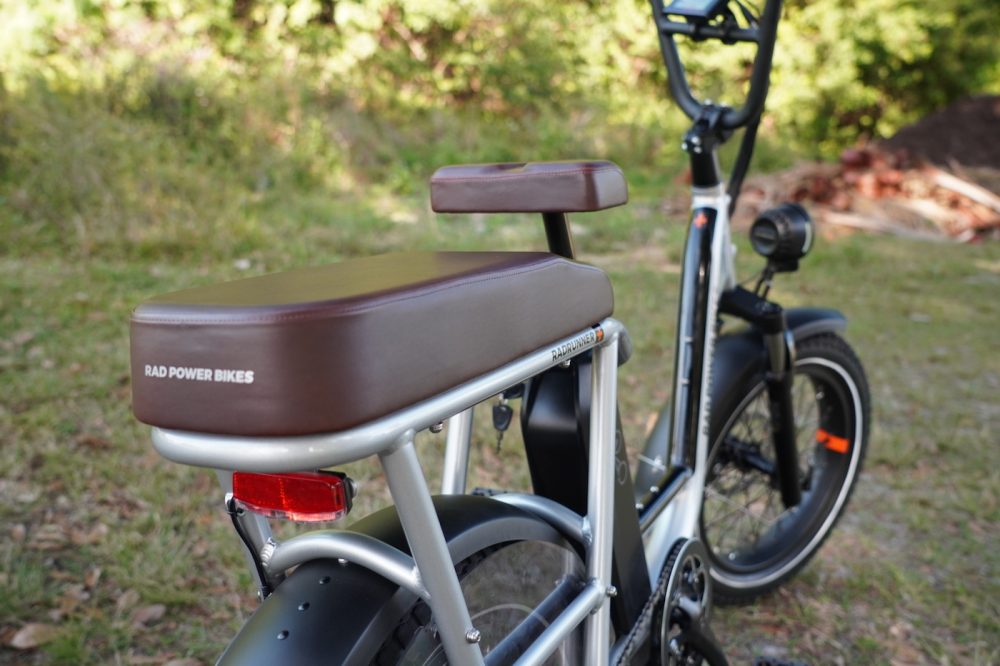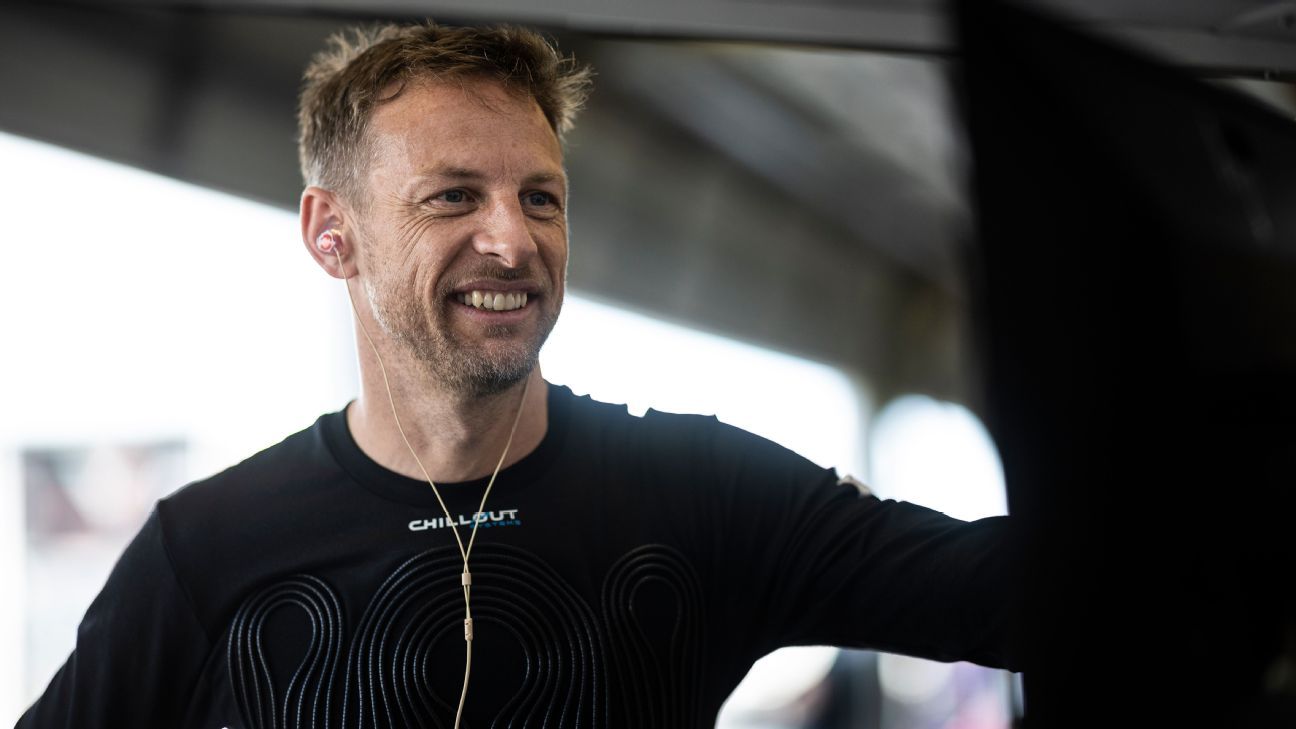Rad Power Bikes isn’t just the largest electric bicycle company in North America, it’s also the most funded. Rad announced a massive new funding round today, adding another $154 million to its war chest as the company continues its mission of bringing affordably priced electric bicycles to the masses.
Part of that huge funding round has already been earmarked to invest in North American and European production.
The new funding round is Rad’s second this year, following on the heels of the previously record-breaking $150 million investment secured in February.
Now Rad Power Bikes’ existing investors have decided to double down, effectively throwing more money at the leading electric bicycle company.
The funding round announced today was led by Fidelity Management & Research Company, with investments from funds and accounts advised by T. Rowe Price Associates, Inc., Counterpoint Global (Morgan Stanley), Vulcan Capital, Durable Capital Partners LP, and The Rise Fund, TPG’s multi-sector global impact investing strategy.
While Rad announced that the funding will go toward the usual suspects of product development and further fleshing out its services such as RadMobile at-home assembly/repair service, the most interesting new investment may be adding production outside of Asia.

The company announced that as part of its efforts to diversify its manufacturing and supply chains, it will be investing in North American and European production.
I pushed Rad Power Bikes founder and CEO Mike Radenbaugh for more details on exactly what that means, but he explained that he wasn’t able to share full details yet on precisely what components could see production in North America or Europe, or exactly where that production would be handled.
But it certainly fits with Rad’s strategy of finding creative solutions to solve the extreme supply chain difficulties being experienced throughout the electric bicycle industry.
Not only has Rad Power Bikes already invested in redundant production in several countries across Asia, but the company has purchased its own supply of shipping containers and even its own shipping vessel to keep its e-bikes flowing into the United States.
With over 350,000 riders so far, the Seattle-based e-bike company leads North America in sales and ridership. Strategic investments in sustaining and growing that edge have been an important part of keeping e-bikes available and maintaining affordable prices during unprecedented uncertainty in the e-bike industry.
It’s all part of the Rad’s plan to demonstrate that it’s not just an e-bike company, but an entire transportation solution company, Mike explained to me over the phone. And extreme growth has been central to that plan. “We’ve grown to over 620 people now, and we even have 100 open roles we’re currently filling. We’ll more than double our size this year alone.”

It’s not just manpower that has grown, but also the company’s physical footprint. Rad has led in direct-to-consumer sales via its website, but has steadily invested in growing its retail space too. Mike explained that between its RadMobile service and physical retail stores, Rad Power Bikes would be tripling its physical footprint by the end of 2022.
All of that investment in growing its manpower and retail presence hasn’t slowed innovation at Rad, with the company launching three new models of e-bikes during the COVID-19 pandemic alone.
The $999 RadMission electric bike became an instant success when it was launched last summer. Rad then followed up with two more premium e-bike launches this summer with the $1,999 RadRover 6 Plus and the $1,799 RadCity 5 Plus.
And that pace of innovation looks set to continue. “We’re not going to slow down on product development,” Mike explained. “We’re working on a very substantial multi-year product road map. Don’t think we’re going to slow down product innovation – nothing could be further from the truth.”
Electrek’s Take
Dadgum! That’s some serious funding. Add that $154 million to the $150 million earlier this year and $25 million in 2020, and you’re looking at $325 million in funding in just 20 months. Rad is a privately held company, and so we don’t have a good look at their finances, but it’s not a giant leap to suppose we’re looking at an electric bicycle company worth over a billion dollars.
That highlights two things. one, investors see the massive growth of e-bike sales and can tell that current modal shifts in transportation mean that such is growth is certainly sustainable, and two, Rad Power Bikes’ investors feels bullish enough in Rad to double down on their recent investments. That’s some serious industry confidence in e-bikes in general and in Rad specifically.
I am fascinated to see how the company uses all of this newfound cash to bring us even more e-bikes and accessories as well as an even better customer experience.
Rad’s founder and CEO Mike Radenbaugh is just as much of an e-bike fanatic as we are here at Electrek, probably even more so. It was obvious that he was pained by not being able to give me any more specific details about what they’re working on in Rad’s development center. But from the little I’ve seen behind the curtain and the little more Radenbaugh was allowed by Rad’s hardworking and vigilant marketing team to let slip out, we’re going to see some exciting stuff coming out of Seattle.
Subscribe to Electrek on YouTube for exclusive videos and subscribe to the podcast.

















